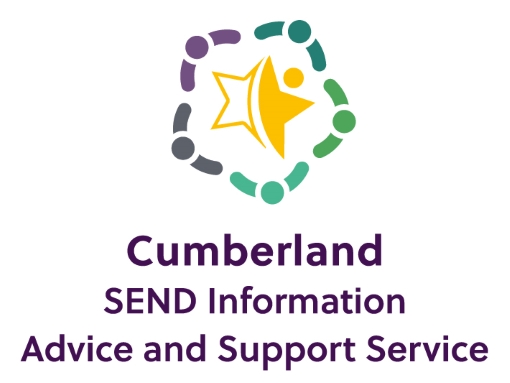Disagreement Resolution
Disagreement resolution (DR) arrangements are free and must be made available by the local authority (LA) to parents and young people. Covering all children and young people with special educational needs (SEN), not just those who are being assessed for or have an Education, Health and Care Plan (EHCP). DR can cover a range of disagreements.
At no cost to you, an independent mediator will join you and the parties involved and their role is to help the parties reach agreement on the points of dispute.
Education providers and health services, or other parties involved in the disagreement, have to agree to take part before DR can take place. Attendance at DR is on a voluntary basis.
The Special Educational Needs and/or Disabilities (SEND) Code of Practice (CoP) says:
The disagreement resolution service is to help resolve the following types of disagreement or to prevent them from escalating further:
- Between parents or young people and LA's, the governing bodies of maintained schools and maintained nursery schools, early years providers, further education institutions or the proprietors of academies (including free schools), about how they are carrying out their education, health and care duties for children and young people with Special Educational Needs (SEN) whether they have EHCP or not. These include:
- Duties on the local authority to keep their education and care provision under review.
- The duties to assess needs and draw up EHCP.
- The duty on education providers to use their best endeavours to meet children and young people’s SEN.
- Disagreements between parents or young people and early years providers, schools or post-16 institutions about the special educational provision made for a child or young person, whether they have EHCP or not.
- Disagreements between parents or young people and Integrated Care Boards (ICB's) or LA's about:
- Health or social care provision during Educational Health Care (EHC)needs assessments.
- While EHCP are being drawn up, reviewed.
- When children or young people are being reassessed.
- DR services can also be used to resolve disagreements over:
- Special educational provision (SEP) throughout assessments.
- The drawing up of EHCP, while waiting for Tribunal appeals and at review or during re-assessments.
- Disagreements between LA's and ICB's during EHC needs assessments or re-assessments, the drawing up of EHCP or reviews of those plans for children and young people with SEN. In relation to EHCP, this includes the description of the child or young person’s education, health and care needs and any education, health and care provision set out in the plan. These disagreements do not involve parents and young people.
You can read more in the SEND Code of Practice: 0 to 25 Years including a table giving a summary of the people and bodies which can consider complaints about decisions and provision in relation to children and young people with education, health and care needs, pages 246/7.
A parent or young person can ask for DR at any time through the SEND process, even when they have already lodged an appeal to tribunal. However, parents or young people do not have to engage with DR services, including before registering an appeal to Tribunal.
DR can provide a quick and non-adversarial way of resolving disagreements. Used early in the EHCP process, they can prevent the need for mediation and/or an appeal to the Tribunal.
Further information on DR arrangements can be obtained from the DR provider commissioned by your LA or from your local SENDIASS Co-ordinator
